Can I just pay for the snip because someone else has already done an assessment?
I have been asked this twice this week. Whilst I completely understand the financial pressures facing us all at the moment due to the pandemic, I thought it may be helpful to explain why it would be wrong for me to accept any client on this basis.
Firstly, most healthcare professionals working with mothers (including Midwives, Health Visitors, GPs, and Paediatricians) are not trained in the proper assessment of tongue function using evidence-based tools. They may be able to identify signs of tongue restriction, sufficient to refer a baby on for further assessment and division if appropriate. But in general, most are not competent to diagnose a tongue-tie (restricted lingual frenulum). Some Lactation Consultants [IBCLCs), Breastfeeding Counsellors and Peer Supporters may have more education and awareness in relation to tongue-tie. However, diagnosis of tongue-tie is outside of their scope of practice.
Secondly, there is far more to assessing prior to tongue-tie division than looking at tongue function. A full feeding assessment needs to be carried out by a professional with advanced skills in infant feeding, such as the IBCLC qualification, to ascertain that the feeding difficulties are related to deficits in tongue function and to ensure that other factors that are impacting on feeding are not overlooked.
This is extremely important as the following case study highlights:
Firstly, most healthcare professionals working with mothers (including Midwives, Health Visitors, GPs, and Paediatricians) are not trained in the proper assessment of tongue function using evidence-based tools. They may be able to identify signs of tongue restriction, sufficient to refer a baby on for further assessment and division if appropriate. But in general, most are not competent to diagnose a tongue-tie (restricted lingual frenulum). Some Lactation Consultants [IBCLCs), Breastfeeding Counsellors and Peer Supporters may have more education and awareness in relation to tongue-tie. However, diagnosis of tongue-tie is outside of their scope of practice.
Secondly, there is far more to assessing prior to tongue-tie division than looking at tongue function. A full feeding assessment needs to be carried out by a professional with advanced skills in infant feeding, such as the IBCLC qualification, to ascertain that the feeding difficulties are related to deficits in tongue function and to ensure that other factors that are impacting on feeding are not overlooked.
This is extremely important as the following case study highlights:






